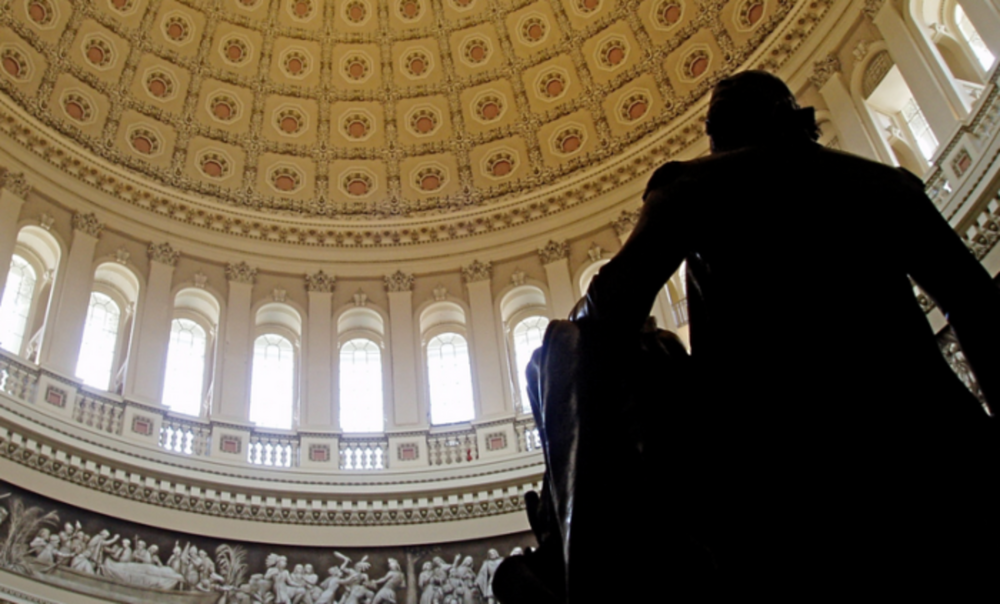Thirty-two companies and associations representing the U.S. Postal Service’s biggest customers have voiced their opposition to Sen. Tom Carper’s iPOST bill, saying that statutory rate increases and job-saving initiatives are not the way to cure the ills of the mailing industry.
“The Postal Service…faces fundamental problems as it attempts to cope with significant change in the nature and scope of its core business. But those problems will not be solved by imposing statutory rate increases and preventing cost-saving measures that have the potential to save the Postal Service billions of dollars per year,” wrote the mailers in a letter to Sen. Ron Johnson, chairman of the Homeland Security and Governmental Affairs committee that oversees Postal operations.
In a January 21 hearing of that committee, presided over by Ranking Member Carper, witnesses including Postmaster General Megan Brennan and National Association of Letter Carriers President Fred Rolando expressed optimism that postal stakeholders were coming together on the four central initiatives in iPOST. Earlier, the Greeting Card Association released a document signed by the postal unions and several direct mailers saying they could come to terms with all proposals in the bill.
But in yesterday’s letter to Johnson, these 36 mailers quashed any notion they were on board with a plan that would extend the 4.3% exigent rate in perpetuity. “Contrary to any misimpression that a broad swath of the mailing industry is supportive of the rate-setting provisions contained in S. 2051, the undersigned organizations stand firmly in opposition to at least one substantive proposal put forth by the Postal Service during the hearing, and contained in S. 2051 – that the temporary ‘exigent’ rates of postage now in effect be made part of permanent law,” it read.
The mailers stressed to Johnson that all of their organizations—many of them nonprofits—were committed to the survival of the Postal Service because the continued success of their operations depend on it. They pledged to work with Congress on all “constructive measures” put forth in Carper’s bill outside of the exigency proposal, noting that the recession and the resulting emergency rate increase had led many of them to downsize their businesses.
“However, we cannot support…the first Congressionally-mandated general increase in postal rates since 1968. By its very nature, an exigency rate is not a permanent rate. Both the independent Postal Regulatory Commission and the U.S. Court of Appeals have affirmed this point,” they maintained in the letter.
Direct mailers and service providers that signed on to the letter were as follows:
Active Interest Media; American Heart Association; American Management Association; American Media; American Quarter Horse Association; Bonnier Corporation; Bloomberg Media Group; Condé Nast; Consumer Reports; Disabled American Veterans; Emmis Communications; ESPN, The Magazine; Forbes Media; GrayHair Advisors; Guideposts; Hearst Magazines; Meredith Corporation; National Association of College and University Mail Services; National Catholic Development Conference; Our Sunday Visitor; Outdoor Sportsman Group; Quad/Graphics; RR Donnelley; M. Shanken Communications; The Economist Newspaper; Time, Inc.; and Trusted Media Brands.
Association signers were:
Alliance of Nonprofit Mailers; Association for Postal Commerce; Continuity Shippers Association; Direct Marketing Association; Idealliance; MPA – The Association of Magazine Media; Major Mailers Association; Red Tag News Publications Association; and Saturation Mailers Coalition.








